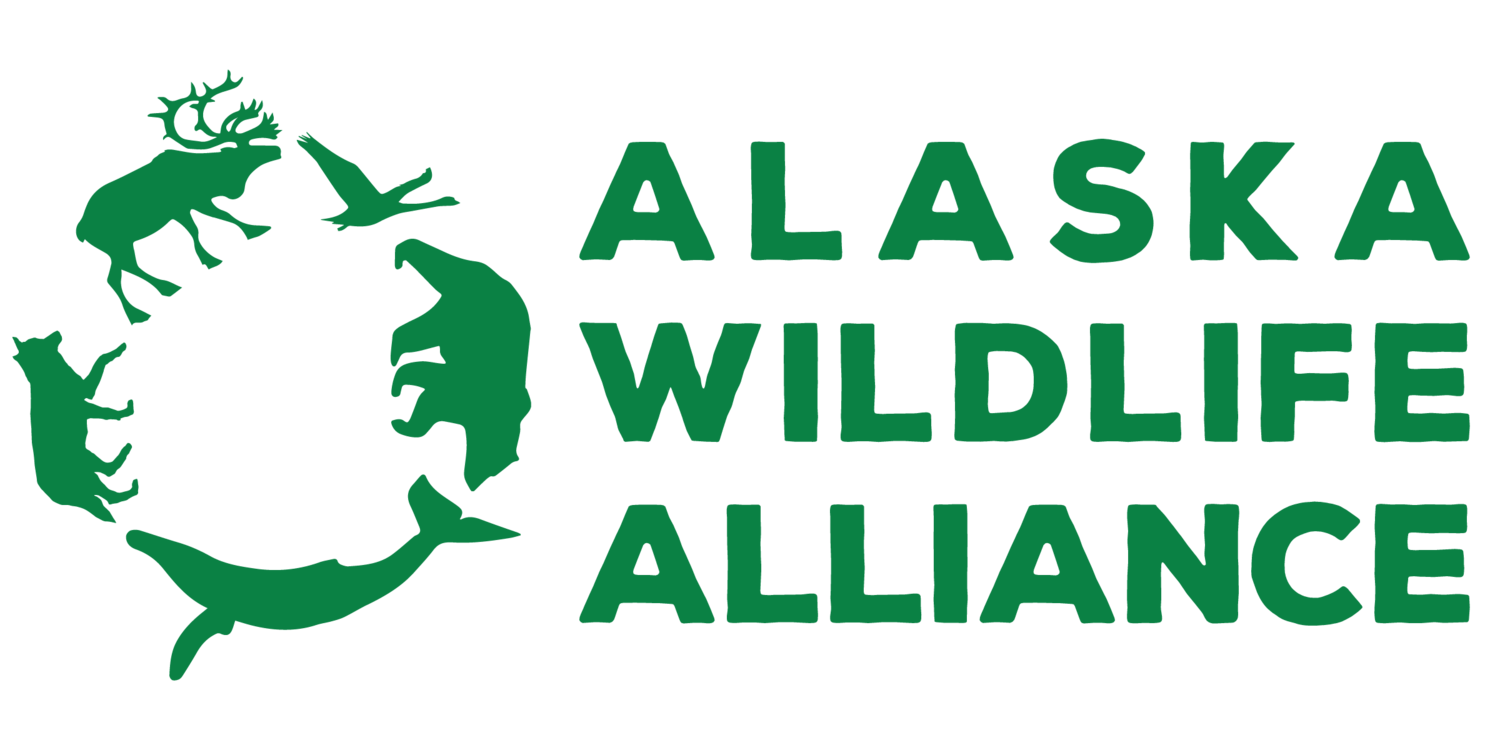In October 2023, Alaska Wildlife Alliance (AWA) and partners co-hosted a first-of-its-kind Cook Inlet Water Quality Summit where we shared knowledge on Cook Inlet water quality, biodiversity, research, regulations, policy, and more. At the Summit, we sought to improve our understanding of the status of Cook Inlet waters and ecosystems, as well as our understanding of the regulatory framework surrounding water quality issues, and promote engagement with decision-makers and project collaborations.
AWA’s Deputy Director, Mandy Migura, gave a presentation about contaminants in endangered Cook Inlet beluga whales, which garnered a lot of questions and concern. Other presentations at the two-day Summit focused on concerns for other fish and wildlife species, results of projects analyzing various aspects of the quality of the waters themselves, human activities affecting those waters positively or negatively, as well as overviews of the Clean Water Act and the roles of the Environmental Protection Agency (EPA) and the US Army Corps of Engineers in implementing the Act. The Alaska Department of Environmental Conservation (ADEC) declined to give a presentation about their water quality programs for Cook Inlet. All of the presentations are available in the Cook Inlet Water Quality Summit Program Book.
A presentation by Michael Opheim of Chugach Regional Resources Commission and Stephen Payton of Seldovia Village Tribe, titled Cook Inlet Subsistence Consumption Assessment and Sockeye Salmon Tissue Sampling Project, was seemingly prescient in the expression of concerns that actual consumption levels of fish by Alaskans are far greater than the consumption levels used in Alaska’s water quality standards to determine human health effects from ingesting pollutants contained in fish.
On June 5, 2024, the EPA sent a letter to ADEC stating that Alaska‘s water quality standards, specifically those pertaining to human health criteria (HHC), do not meet the requirements of the Clean Water Act. That data is available to show humans, especially in coastal states like Alaska, consume far more than the 6.5 grams per day of fish that Alaska’s water quality standards are based upon. ADEC has between 6 and 12 months to revise the standards before EPA will be forced to do it themselves.
Although AWA’s work focuses on the wildlife perspective, we take an ecosystem approach and applaud the EPA for recognizing the importance of clean water in promoting healthy ecosystems. AWA is continuing our efforts to understand and improve Cook Inlet’s water quality for the benefit of endangered beluga whales, salmon, people, and all the other species who call the inlet home. To learn more about our efforts in the past year to secure more food for Cook Inlet beluga whales, check out the news on our Board of Fish win, where we secured 100 tons of forage fish for belugas!


